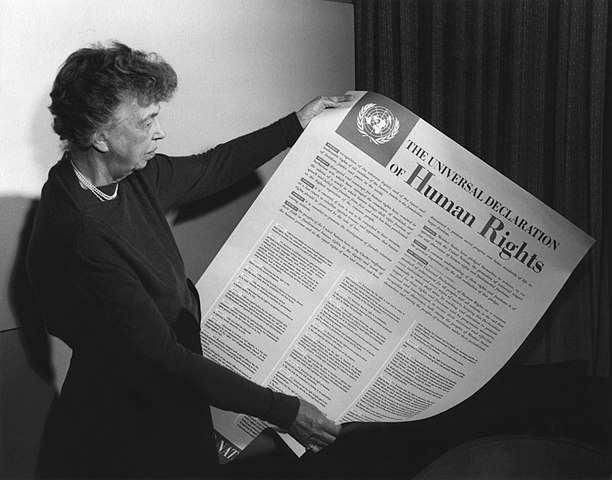Navigating the challenges of denied human rights can be a complex and difficult process. When individuals or groups face human rights violations, it’s important to take various steps to address these issues, seek justice, and advocate for their rights. Here’s a guide to help navigate the challenges of denied human rights:
1. Educate Yourself:
- Understand your rights: Familiarize yourself with international human rights standards, national laws, and declarations that protect your rights.

2. Document the Violations:
- Keep records: Document instances of human rights violations, including dates, locations, individuals involved, and any evidence like photos, videos, or testimonies.
3. Seek Legal Assistance:
- Consult an attorney: If your human rights are violated, consult with a lawyer or human rights organization that specializes in your specific issue.
4. Engage in Advocacy:
- Raise awareness: Share your story with the public, media, and human rights organizations to bring attention to your situation.
- Lobby and advocate: Engage with government officials, policymakers, and lawmakers to advocate for changes in laws and policies that protect human rights.
5. Seek International Support:
- Contact international organizations: Reach out to international human rights organizations like Amnesty International, Human Rights Watch, or the United Nations. They may be able to provide assistance or bring your case to the global stage.
6. Mobilize Support:
- Build alliances: Connect with local, national, and international advocacy groups and networks that can support your cause.
- Use social media: Utilize social media platforms to connect with like-minded individuals and share your story.
7. Nonviolent Protests:
- Peaceful demonstrations: Organize or participate in peaceful protests, marches, or rallies to draw attention to your cause.
- Know your rights: Be aware of your rights during protests and ensure you protest safely and lawfully.
8. Engage with the Legal System:
- File complaints: Use legal channels to file complaints with the appropriate authorities, such as ombudsmen, human rights commissions, or relevant government agencies.
9. International Legal Remedies:
- Pursue international remedies: If national mechanisms fail, consider submitting cases to international courts or bodies that handle human rights issues, such as the International Criminal Court or regional human rights courts.
10. Psychological and Emotional Support:
- Seek counseling and support: Dealing with human rights violations can be emotionally taxing. Don’t hesitate to seek psychological support from professionals or support groups.
11. Stay Safe:
- Ensure personal safety: In some situations, advocating for human rights can be risky. Take precautions to protect yourself and your loved ones.
12. Stay Persistent:
- Know that navigating the challenges of denied human rights can be a long and challenging journey. It may take years to see significant change. Stay persistent and resolute in your efforts.
Remember that you are not alone in your struggle for human rights. Many organizations, activists, and legal experts are dedicated to protecting and advocating for human rights worldwide. By taking these steps and seeking support, you can work toward justice, equality, and the recognition of your human rights.











